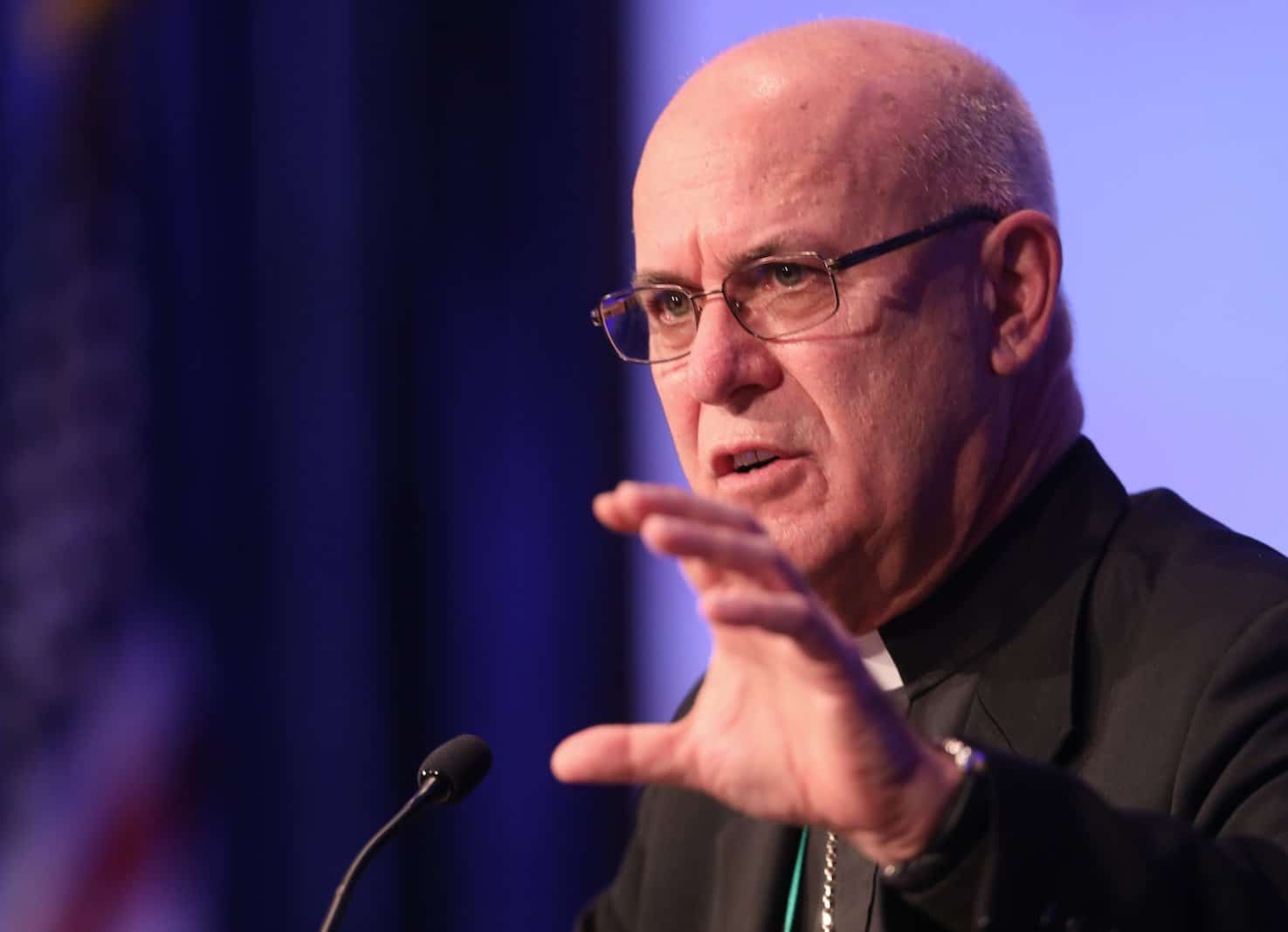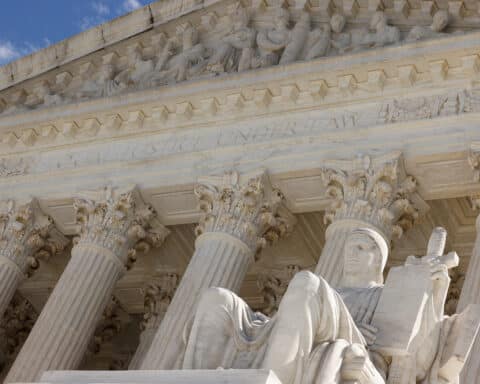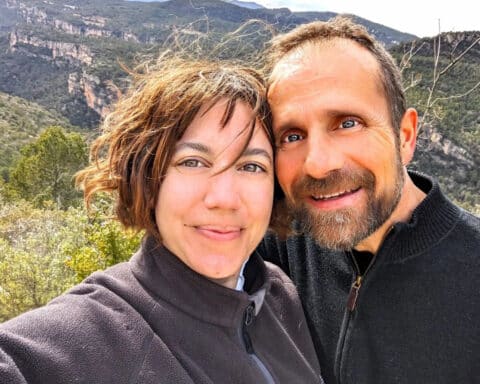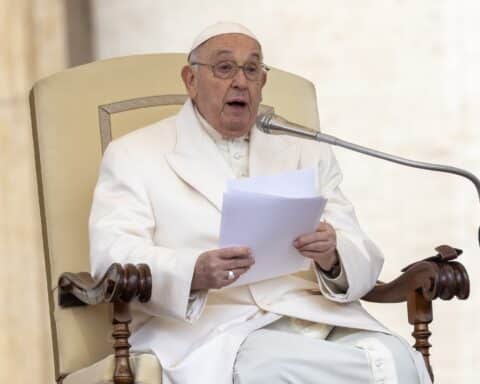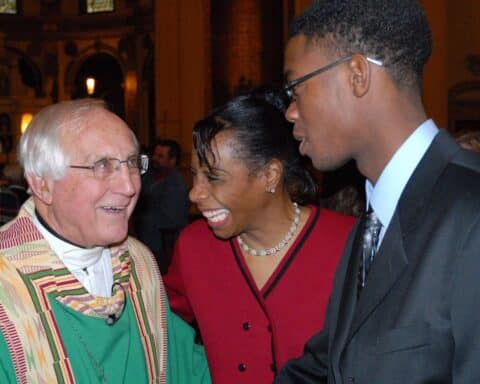The Catholic Church is not without its critics. Some take issue with specific teachings of the Church. Others say that the Church has a problem with “leadership.”
The Church has a problem with “followership.” Too many Catholics know Catholic teachings because leaders and teachers indeed have spoken, but many veer away from, ignore, qualify or dispute what they have heard.
St. Mary’s College in South Bend, Indiana, is a school of higher learning with a long history of providing high-quality education. In mid-autumn, its trustees and administration announced that henceforward St. Mary’s will enroll men who present themselves as women — “transgender,” as such cases popularly now are known.
The local Catholic bishop, Bishop Kevin C. Rhoades, of the Fort Wayne-South Bend diocese, publicly noted this action in a formal, detailed statement published in the diocesan newspaper, Today’s Catholic.
(In the interests of full disclosure, Bishop Rhoades is chair of the Board of Directors of Our Sunday Visitor and has a canonical relationship with this columnist.)
He said in his statement that the college did not notify him of its decision beforehand, let alone seek his advice or approval.
Being Catholic
While many Catholics think that local bishops are kings on the mountain in their dioceses, and while Church law bestows considerable authority on diocesan bishops, they are anything but absolute monarchs.
This is especially true regarding institutions founded, owned and operated by religious communities or independently of dioceses where they are geographically seated.
Once, St. Mary’s belonged to and was run almost exclusively by the Sisters of the Holy Cross. That situation is no more. A Board of Trustees (overwhelmingly lay) administers the school. The trustees are not diocesan officials.
Bishop Rhoades said that he nevertheless has a role, as the local bishop, to express the mind of the Church and to call the school’s leadership, as Catholics, to follow the mind of the Church. The school, its students and teachers live in the diocesan territory. The bishop must make Church teaching clear to them for their spiritual well-being. Plain and simple, it is his job.
The school advertises itself as Catholic. It was founded to foster Catholicism. Period. Its tradition is Catholic. Its image is Catholic. The bishop merely said that it should be what it says it is.
Defending Church teaching
Generally speaking, it is good to see a bishop, an ordained, recognized and designated leader in and for the Church, address the issue of “transgenderism” because it is increasingly in public discussion.
Bishop Rhoades took exception with the college’s statement that, in this regard, it is acting in response to the call of Pope Francis to love one and all. True love never excuses ignoring the prescriptions and understandings defined by divine revelation.
Look at the pope’s recent remarks regarding gender issues. He is kind and approachable, but he never advocates for what the Church sees as wrong.
Clouding the conversation, in this case, but also regarding abortion and other matters, is the demand for “rights.” Rights are sacred and real, but none bestows the personal privilege of ignoring divine revelation. No right vetoes, supersedes or diminishes the infallibility of divine wisdom, as seen through revelation.
Trust divine revelation. It exists to bring peace, joy and order to human lives. It is a genuine insight into reality. The Church relays its message, by the Lord’s design, to humanity, for our benefit. It sees sexual difference as part of divine creation and the gift of personal identity.
By vocation, training and intent, bishops and pastors speak not for themselves but for Almighty God. God wills that through divine revelation, all will experience what truly is good and just and that all will find love.

